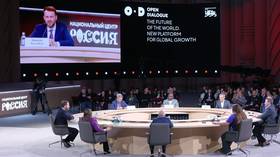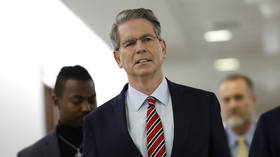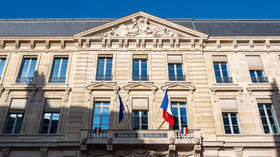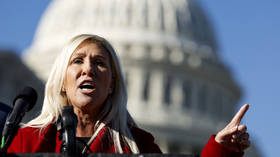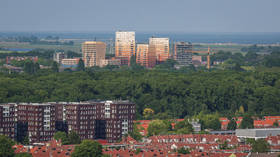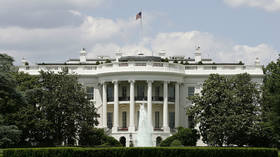‘Investments in Connectivity’ Open Dialogue session highlights BRICS role in global trade
An expert session of ‘The Future of the World’ Open Dialogue, focusing on “Investments in Connectivity” was held at the Primorye branch of the National Centre RUSSIA on Friday, bringing together specialists from different countries to discuss “Transformation of Trade and Connectivity in the New Reality.”
Opening the discussion, Maksim Oreshkin, Deputy Head of the Presidential Administration, stressed that new global trade solutions are now being driven by BRICS and the Global South. According to him, traditional institutions are becoming obsolete. “We already have everything: the new realities of the global economy and the technologies to support them. A new architecture of world trade is emerging. It does not replace old institutions or routes – it complements them,” Oreshkin said.
Rakhim Oshakbayev, Chief Economist at the TALAP Center for Applied Research, argued that sanctions imposed on Russia spurred innovation and resilience. “The result is evident, and it surprises not only outside observers but even Russian economists – how much the Russian economy, through a mix of policy, governance, and private initiative, has demonstrated such strength,” he noted. Oreshkin echoed this, adding that large economies like China and India would soon feel similar benefits.
Another major trend, highlighted by Jian Lian, founder of Beijing Hengce Investment Consulting, is the shift to national currencies. “We are moving to national currencies. This creates new conditions for economic efficiency – and we are achieving it peacefully,” he said.
Connectivity in trade also depends on shipping capacity, stressed Pyotr Ivanov, head of logistics at Rosatom and CEO of Far Eastern Shipping Company. When international firms controlling most of global trade left Russia, freight rates soared tenfold, striking at connectivity and commerce. For Ivanov, “focusing on our own fleet is the foundation of stable international trade.”
The session underscored that sanctions, currency diversification, and shipping autonomy are reshaping global trade – not by dismantling the old order, but by layering new structures upon it. Russia and its partners frame this transformation as part of a broader move toward a more multipolar and resilient global economy.
